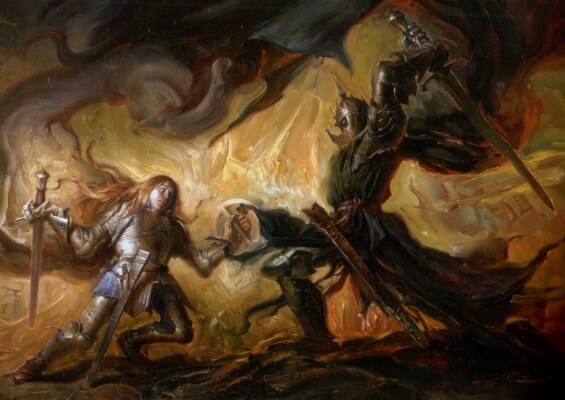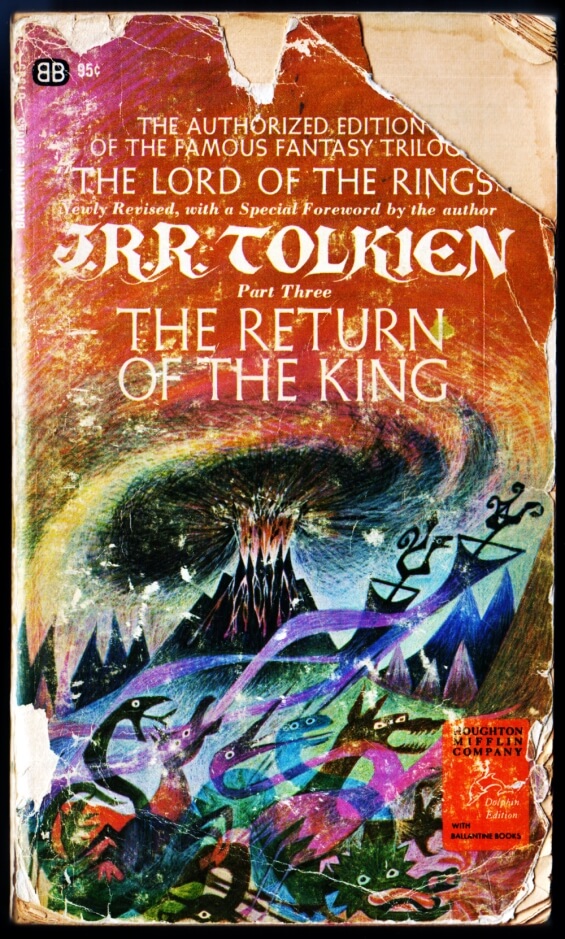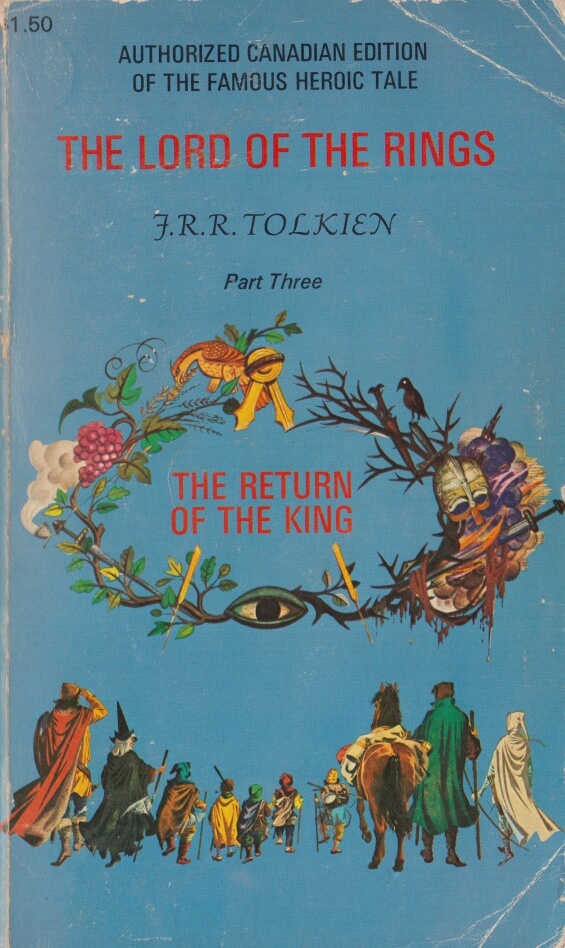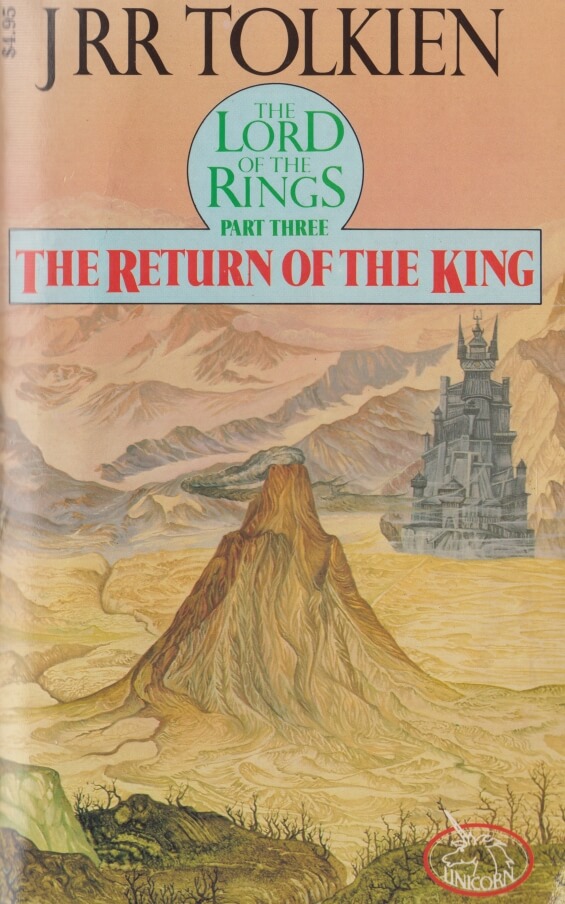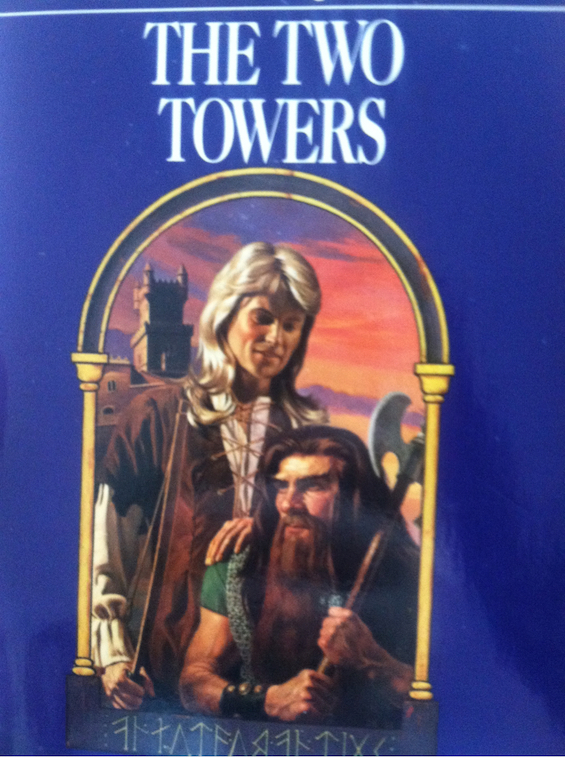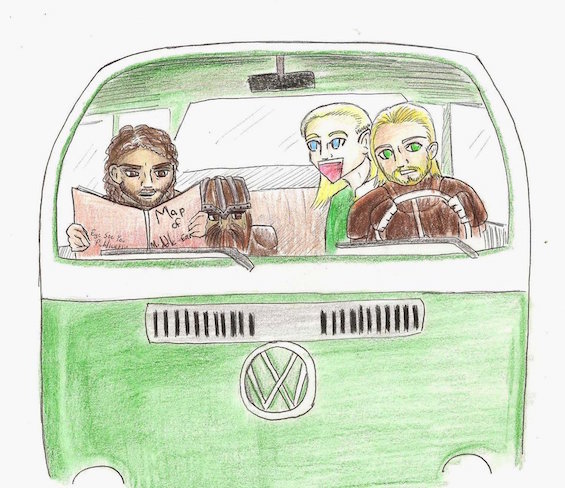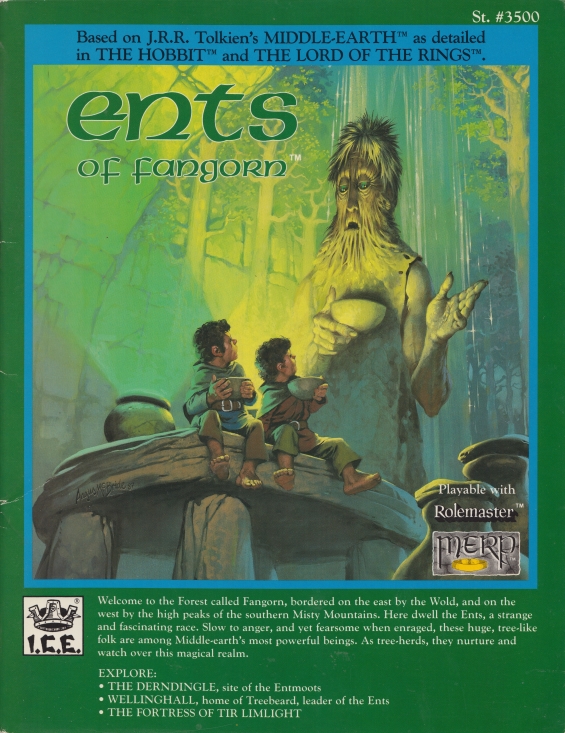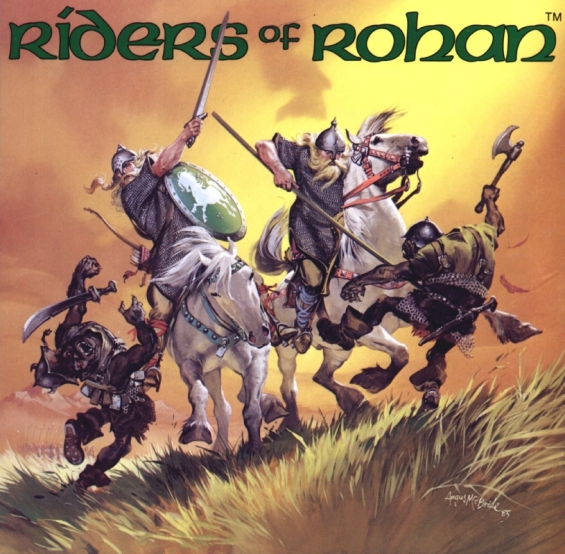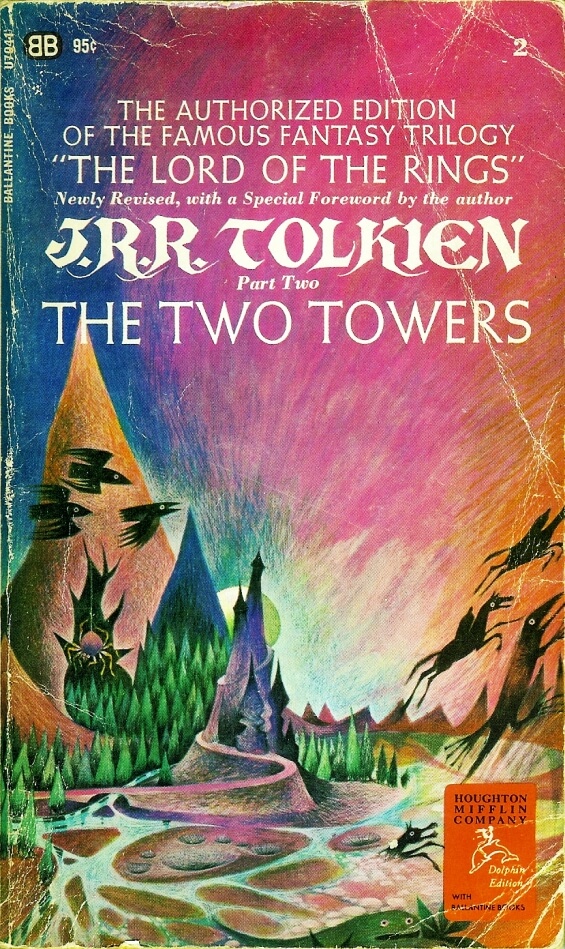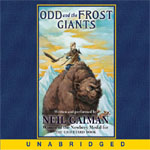
The SFFaudio Podcast #753 – The Golden Slave by Poul Anderson – read by Mark Nelson. This is a complete and unabridged reading of the novel (7 hours, 29 minutes minute) followed by a discussion of it. Participants include Jesse, Paul Weimer, and Trish E. Matson
Talked about on today’s show:
1960, Avon Books, reprinted in 1980, LibriVox, hey this is started to get interesting, the final twist, ringing a bell, when he had his eye taken out, I sacrificed it for wisdom, that guy with the hammer, should’ve seen it coming, the only thing he ever talks about: Scandinavian mythology, Scandinavian history, he did a trick on me, a secret fantasy story, historical, something special here, details were new, Speed is not a good movie but it gives surplus value, an elevator action scene, a bus scene, every Marvel movie, an L.A. Subway scene, underground horizontal, more like Spartacus, working for some other king, a historical figure, something else, spilling over the premise of the cover, a sex book, role reversal, other characters are sex objects too, unusual for Poul Anderson, very tame, a veil drawn over it, sex happens offstage, a little bit of voluptuousness, rub one out to it, given the cover, a very poor sex book, historical adventure, historical exploration, terrible pornography, if that was what he was aiming for, coming into a seaport, smells and sights, sweaty sailors and spices of the market, good at description, on plot, meandering, he knew where he was going, not an intricately plotted spy novel, doesn’t leave dangling threads, easy competent well done read, Lew Wallace, Ben-Hur, pre-that, the Roman emperors, The Storm Before The Storm by Mike Duncan, Julius Caesar, Mike Duncan’s The History Of Rome podcast, the Revolutions podcast, throwing a dart and getting close enough, the Norse myths, our guys are always swearing they’re under weirds and trolls, the days of the weeks gods, the Edda, 1222-1223, well after the events of this book, pretty fun, twist ending, tricked Jesse the whole way through, enthusiasm for Poul Anderson novels, meandering journey, highlights of the era, Marius, a servile war, done way to much?, if you know you know, Paul was delighted, Sulla, the wars against the Cimbri, nice descriptions, smells and sunset and oars, quite good things, Mithridates, a very interesting character, our godly hero, interacting and learning, this pulled it off in the plotting department, we have to stop this Iliad, oh that’s clever,
In the time that followed, Phryne had horror to do. Twice she stopped—once to cast up at a certain sight and once to change her blood-stiffened gown for a tunic. It was hot and foul in the ‘tween-decks space; the groaning and gasping seemed to fill her cosmos. Her temper began to slip—having held the hand of one youth and smiled on him, as the only lullaby she could give while he died, she heard a man screaming as though in childbirth, and, seeing he had a mere broken finger, she chased him out at dagger point. Otherwise it was to wash and bandage, cut and sew and swaddle, set and splint and fetch water, with no more help than a ship’s carpenter from Galilee or some such dusty place.
oh, you cute little guy Poul Anderson, we don’t know about that guy yet, she’s Jesus, that was a setup, deifying these characters, a clever book, a clever guy, future allusion, some really nice writing in there, speaks badly to Jesse’s not always happy with Poul Andersonness, kinda impressed, Three Hearts & Three Lions, The Broken Sword, it has to speak to something inside you, handing this book, a mystery series, Roman children solving mysteries [The Roman Mysteries], the Marcus Didius Falco series, tricking, deceiving, trick or treat is fun, hearing trick as a negative, hating magicians, I sacrificed it for wisdom, Jesse likes getting tricked, set the word trick aside, trick ourselves, make it so you can’t do that, just a regular mind trick, we cultivate these things, do a podcast every week, therefore I should read more books, hey this is a pretty good book, more to say about it?, the treatment of women in this book, ’50s and ’60s books being very sexists, women as props, what the women are saying, Cornelia and Phryne are very different people, just as objects, have more thought for a what a woman must be thinking, the stated perspective, a free woman of Rome, manipulate or plead with the men in her life, when Flavius is talking to Phryne, the slave brand is upon you, toothless at 40 years of age, in a peat bog where it always rains, the lot of nearly all women in that time, women who are complex, women are just crazy, just humour them sometimes, he gains wisdom, the narrator’s perspective is not the writer’s perspective, as close to a god as a person from that era, hey have you heard of Mithridates, something about poison, he died old, a very historical piece of fiction, all fun stuff, Spartacus retelling, kinda characterize this guy who is so famous, his relationship to his vassal states, fictional characters interacting with him, putting Julius Caesar on stage, thinking about his empire, Poul Anderson pulled it off somehow, gender here, the final scene where they find a shitty house made of rocks, a half-wild dog, a squalling kid, an old woman dressed in rags, the fate, they burn their crops and give them money, the battle happens, get into the heads of the ancient Scandinavians, dragons are bad, they’re stingy, a lot of compensation, it was wrong, in a land where violence is law, the strange morality of the Scandinavian gods, shield-maiden, they’re not slaves because they’re female, not relegated to second class status, in the Roman system women are second class, males can be sex slaves, so reminiscent of the Spartacus television series, are the named characters are historical figures, interpersonal relationships, getting you into the slave mentality, born a slave, I was well treated, my grandfather was free, chasing after a person who’s motivation we don’t know, stuff for girls and for boys in here, adventures through whatever the men are doing, agency and action for the women, Cutthroat Island (1995), always streaming somewhere, pirates don’t bury their treasure, Mary Read and Geena Davis, Anne Bonny, Matthew Modine is charming, a higher or a lower mode, this is very realistic, now it is a mythmaking thing, the mirror, zig-zags across the Mediterranean, die on the ship, a very wily Roman, Paul appreciates a wily Roman, drives a spike of conflict, fosters the rebellion of the slaves, they don’t do pirating right either, not quite the roman lake it is later, Egypt, to get away from Rome, they’re headed south, one pirate raid, the book turns north and keeps going, splits up a family, city home and country home, we have a sense of why it happened, so he could get that divorce?, a bastard child, he got exactly what he wanted there, the Spartacus movie, brutal and amazing, seeing what slave relations are like, if one slave harms the master all the slaves die, break up families, absolutely routine, if you’re obedient, he’s not a king exactly, a chieftain in his own land, thinking about motivations for characters, you might want to kill yourself to deny your master, in dissuading future slaving raids, greedy not to kill yourself, if you don’t deny them, the hope of reuniting, to control, an insidious evil kind of control, the slave hierarchy, kindly treated slaves, what roman life was like, if you’ve got a frozen city, graffiti, literature, shopping bills, documentation, giving us the lived in daily thing, bamboozled, a Roman sex book, the visuals of the movie 300 (2007), sexuality in slow motion, an undercurrent, sexy slave time, when Princess Leia is wearing the slave bikini outfit, a trope, leaning in, what does this really mean, a checkbox, a great visual, what would this really be like, a prized object, good for you, the master is fine with it, what if you can’t perform anymore, he’s got a whole lot of game going on, Trish unmuting herself, what’s “comps”?, comparisons, The Persian Boy by Mary Renault, Emperor Darius, Alexander’s boy/lover, discussion of slavery, be pleasing to your master, history in it, court life in Persia, Underground, secret emancipators, some of the complexity of slavery, two “recs”, secret website, a goodreads thing?, a line in here, not a sexist book, out of context, “A few months of giggling Eastern wenches had shown Eodan how sheer tedium could drive so many men to catamites”, some guy who propositioned him, a power relation that’s bad, more complex than that, shipboard slave rebellion, these two women are mine, pent up sexual energy, staking his claim in order to protect, not just that he wants to own them, documentation of early piracy, the Julius Caesar kidnapped by pirates story, come back and kill you all, political rumours, early diplomatic missions, become the catamite of some eastern potentate, if you’re the bottom you’re trash, the attitude of the time, Eutopia by Poul Anderson (in Dangerous Visions), the Odin myth, The Sorrow Of Odin The Goth, Behold The Man for Norse mythology, Edgar Rice Burroughs’ I Am A Barbarian, pungent comments about the decadence of Romans, 1967, pitched as a free translation, Canadian public domain, Burroughs doing I, Claudius from a slave POV, Burroughs doing Rome, researcher, Burroughs is fun, a great prose slinger, Burroughs is very possible, he wrote a lot of books, 26 Tarzan books, four westerns, the beginning of [A Princess Of Mars], people who liked the cover of this book, a science fictional story, a man who is slaved, The Last Hawk by Catherine Asaro, Ascendant Sun, the promo materials, Lucy Lawless wearing a carnal dress, a succession of harems, book 5, back in interstellar life, the other evil space empire, good books, jump in on book 4, don’t be put off by the numbers, set in the same universe sort of thing, she wrote a lot of books, Gabe Dybing’s review of The High Crusade and The Golden Slave on Black Gate, he’s so wise, he’s well trained in speaking well, Paul is a Romanophile, what if he was telling the truth there?, my wife is needy, I’d like her to have a sexy northern barbarian, why don’t you come over to my team, he’s not a dumb evil, we never get a reveal, he’s manipulative, you flip it, the Flavius story, from his POV, tattoo on his forehead, he’s got an agenda, is he a liar?, you would read the other side of this, Netflix’s Barbarians, so many TV shows, since Vikings started up, quasi historical shows, Caroline Lawrence, half-hour [episodes], August 79ad, kids running around Pompeii, the fun kinda time travel where you spend time with people, the Falco series is a game that the author is playing with us, Marlowe style lines, strange ship docking in the port, a Children’s tv show, like Hardy Boys in a different period of time, aimed a little longer, deep on YouTube, Thieves Of Ostia, The Assassin Of Rome, The Twelve Tasks Of Flavia Gemina, Plebs, here student take this book, a fairly fruitful discussion of this trashy sex novel, no and no, Avon, kind of trashy, Jesse likes trashy, bildungsroman, books that are designed to kill time, are they ever get off this farm?, sneaking in, written in bursts?, repeated words, an artifact, when he left for Rome, sometimes there are bursts of movement that are not documented, the setting and the rising of the sun, if you don’t give up on it, leading publishers of romance fiction, not high status, Slave Girl comics, the Avon Fantasy Reader, designed to be cheap trashy entertainment, had he been available, Fabio would have been the golden slave, not exactly what it says on the tin, leans into the whipping, an aberration, the epilogue, had he left it off, it wrapped stuff up with a bow, in case you didn’t know, not being told, historicals with his wife, other novels, a mystery novel, he did make a living, his only job, 11 Time Patrol novels, Shield Of Time, the publishers wishes, give me 10 more like this, did his own game with it, a small percentage, he’s written a ton, a gap plugged, glad we read it, how many pseudonyms?, any?, Gardner F. Fox, a writing machine, Four-Day Planet, Odds On, The Venom Business, too long, off this Crichton train, hit too many potholes, Breakthroughs In Science, Star Born by Andre Norton, the animal one [The Beast Master], The Poison Belt by Arthur Conan Doyle, the comic book adaptation of Downward To The Earth by Robert Silverberg, alien elephants, Footfall, French, The Glory That Was by L. Sprague De Camp, time travel fantasy?, introduction by Robert A. Heinlein, dedicated to Isaac Asimov, its all been down planet from there, Jerry Pournelle/Larry Niven joints, the arcology one is shit, Oath Of Fealty, When Worlds Collide, Lucifer’s Hammer, Vulcan’s Hammer by Philip K. Dick, the terrible Andre Norton: Star Hunter, Space Viking, relatively short, Paul hasn’t updated his PUBG, a new map, the intense mode, very quick, Jesse is not a looter in games (only in real life), H. Beam Piper’s ghost is joining us?, Terence is retired so available for podcasting, Pirate Enlightenment too, to be a game master, when you’re making your own campaign, very chipper, 20 sessions,
1 hour 9 minutes
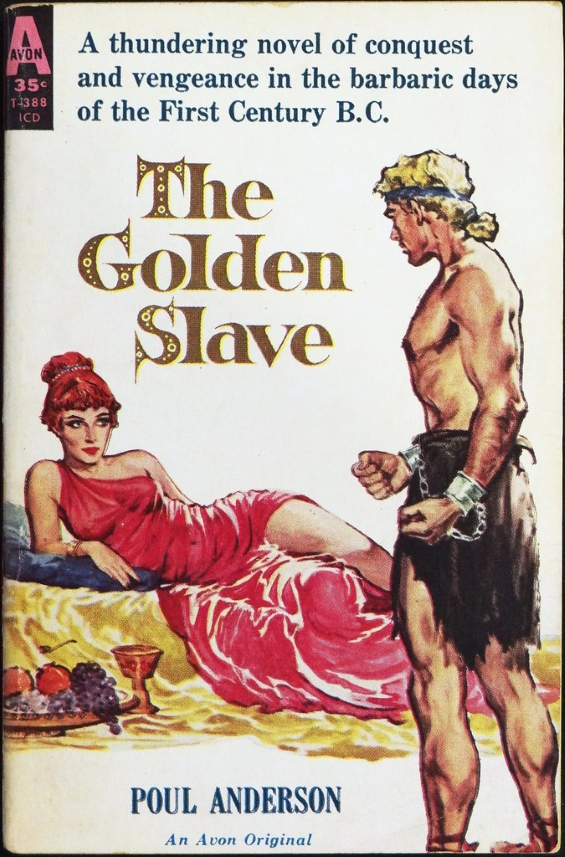
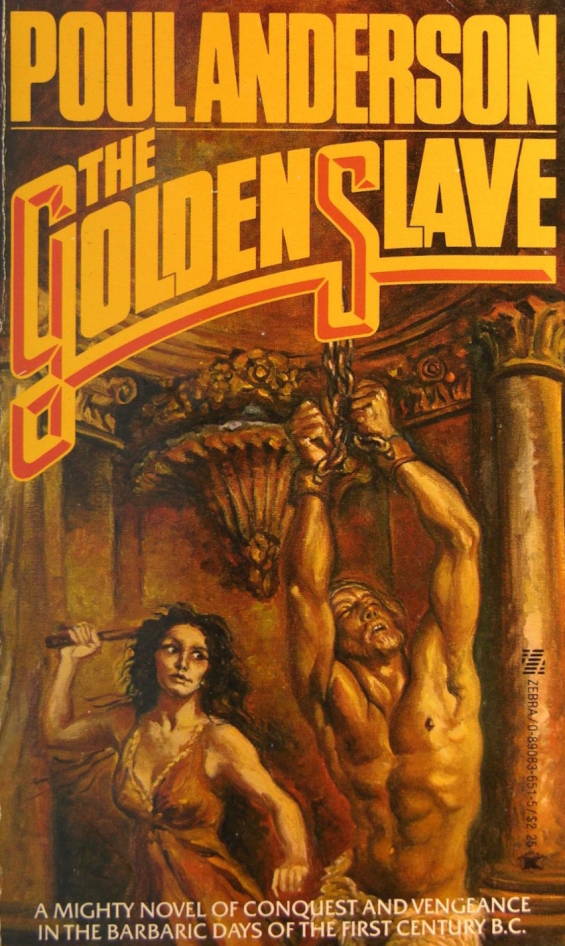
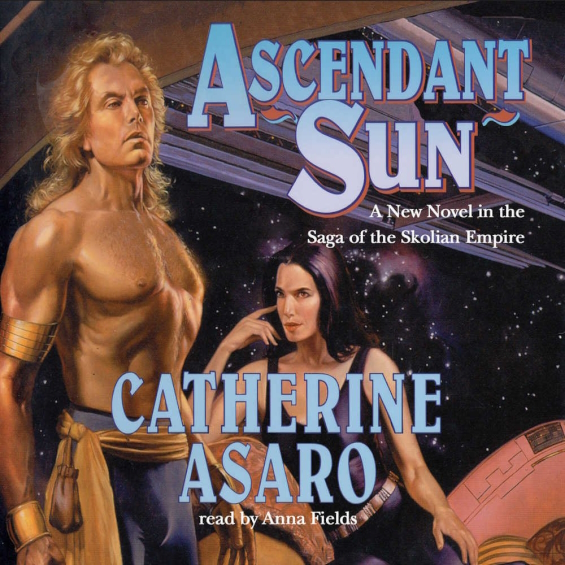

Posted by Jesse WillisBecome a Patron!



